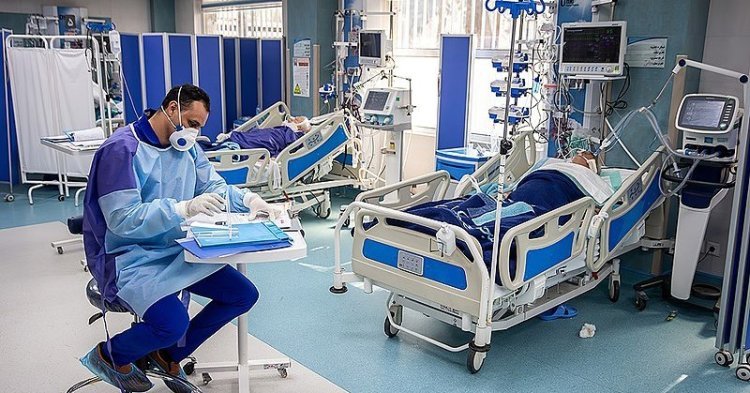On average, one in every 10 Maltese infected with COVID-19 is a healthcare worker, according to Malta’s Superintendent of Public Health, Charmaine Gauci. Staff working in public and private healthcare sectors are most at risk because they are in regular contact with patients, Prof. Gauci said.
“Just like any other person, healthcare workers and carers can also get infected in the community.”
This dire possibility has affected healthcare workers both physically and mentally, forcing them to move out of their family homes and start living in isolation in rented apartments.
“I fear being a carrier and passing the virus on to patients whom I’m supposed to help cure,” said Maltese nurse Rachel Amaira. “This thought has affected me mentally. I thank God I have friends who are nurses to support me during this stressful time. The physical aspect will eventually heal, but our mental health may be impacted in the long term.”
These heroes are also getting tokens of appreciation as volunteer caterers provide them with meals delivered directly to their place of work.
Even the role of police officers has changed somewhat, as a considerable number are patrolling streets to ensure people do not congregate in groups of more than four. Meanwhile, soldiers spend shifts outside the perimeter of the migrant’s tent city in Ħal Far to ensure quarantine measures are enforced.
“The thought of spreading the virus to my loved ones or to vulnerable people has crossed my mind several times but I have shifted my mind set to focus on my duty to help the most vulnerable no matter what,” said Maltese police officer Mark Cremona.
While not exposing themselves to such a high risk, social workers, psychologists and counsellors had to adopt new ways of delivering their services. Marica Cassar, public relations officer for Caritas Malta, which offers social assistance and helps those in need, said that all employees have shifted most of their workload online. Social distancing measures meant that they had to work from home, speak to clients through emergency telephone lines and conduct one-in-one sessions via webcam. All this while struggling to remain mentally alert.
“I used to have recurring nightmares of becoming positive,” admitted Cassar. “But when I assured myself that I’m doing all I could not to get sick, I got back on track and focused on how to remain healthy. And at the same time strike a balance between work and personal life to protect my mental health. Be careful, live in the moment and be grateful,” she said, looking on the bright side.
While all this is happening, the European Union has been working ceaselessly to help each member state get through this pandemic. A €5.3 million scheme has been approved by the European Commission to support Maltese scientists in their search for an effective means to combat the spread of COVID-19.

Follow the comments: |
|
